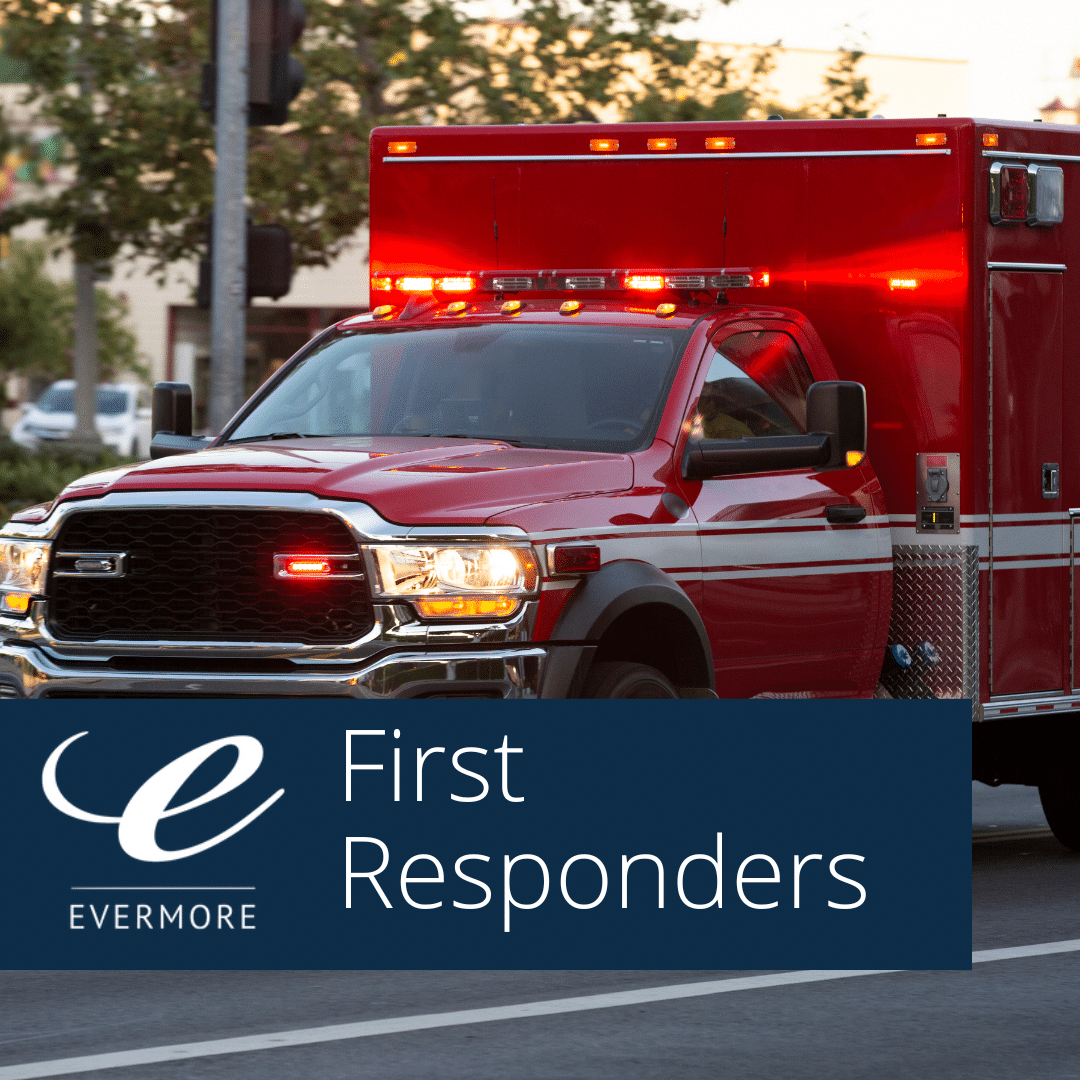Every interaction a first responder has with a person can become a hallmark memory defining how they remember their last moments with their loved ones – loving or painful.
Responding to the scene of a fatality takes great skill, situational awareness and compassion. Often, first responders and law enforcement must work together to secure the premises, provide care and transport victims to hospitals, while maintaining the integrity of a possible crime scene. There are some forms of death that may pose severe stress as ems.gov states: “The emotional and psychological stress of encountering a pediatric fatality is unimaginable for those who haven’t experienced it, and difficult to overcome for those who have.”
Appropriate training and resources are important so that EMS providers can offer the best care and communicate appropriately with people and other responders.
When arriving to a scene, consider the following
Understand relationships
Whether a loved one is young or old, the relationships and love between them are key. Demonstrate compassion toward the bereaved individuals and acknowledge the important role the loved one plays in their lives. Of special note, when a child dies, at any age, recognize that parents do not stop “parenting” just because their child died. Moving slowly, asking for permission (where possible) and giving parents control of some portion of decision-making can help them cope in the long-term.
Listen carefully
Heightened emotions, and loud and bright sirens, can make anyone’s thinking disorganized and confused. Listen to the bereaved and understand their perspective. Do not shout or cut them off. While they may not appear to be physically injured, they have weathered a toxic shock to their health and are in a fragile state. For example, bereaved parents are more likely to suffer a cardiac event following a child’s death.
Communicate clearly
Being clear, concise and compassionate in your communications with a grieving individual is important. It is easy for people to become disoriented, confused and frustrated. Be open and attentive and, if possible, assign one provider to communicate with them.
Offer stability
If surviving people are on the premises, remain calm and help people organize and understand unfolding events. Make eye contact and assure them you are doing all you can and understand their concern. If appropriate, hold their hand or touch their shoulder to personally connect and convey your sincerity. If possible, identify a neighbor or friend who can help a loved one during this time. Some people may need help arranging transportation to a hospital or morgue and, later, perhaps therapy.
Suspend judgment
In some cases, people they know may be responsible for the death, and first responders have the responsibility to maintain a chain of evidence while administering or ceasing care. Even when suspicion is appropriate, demonstrate compassion and listen to them.
Be honest
Offering hope and platitudes is not appropriate. If emergency services are required, it is a significant event for people, and only time will tell how this hardship will unfold. Being direct and honest and setting appropriate expectations will give them confidence in your skills and intentions.
Offer a list of resources
According to experts, people who lose a loved one violently may not be ready for therapy or other mental-health services until six or more months following a death. Consider offering a resource list for them. While most will take the information, for many it will be months until additional support services are sought.
Seek self-care
Given the circumstances of responding to fatal emergencies, many professionals can be at risk of developing post-traumatic stress. Understand that scenes themselves can pose a health risk and seek self-care in the aftermath. Many forms of support may be required to cope with the continual exposure to stress, death and trauma. Taking care of yourself is fundamental to serving yourself and your community.

